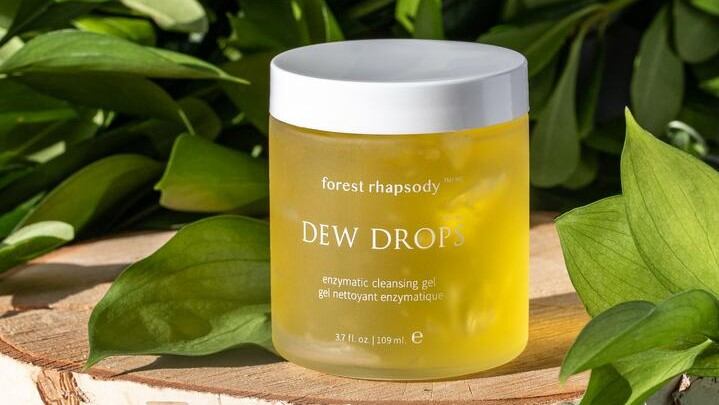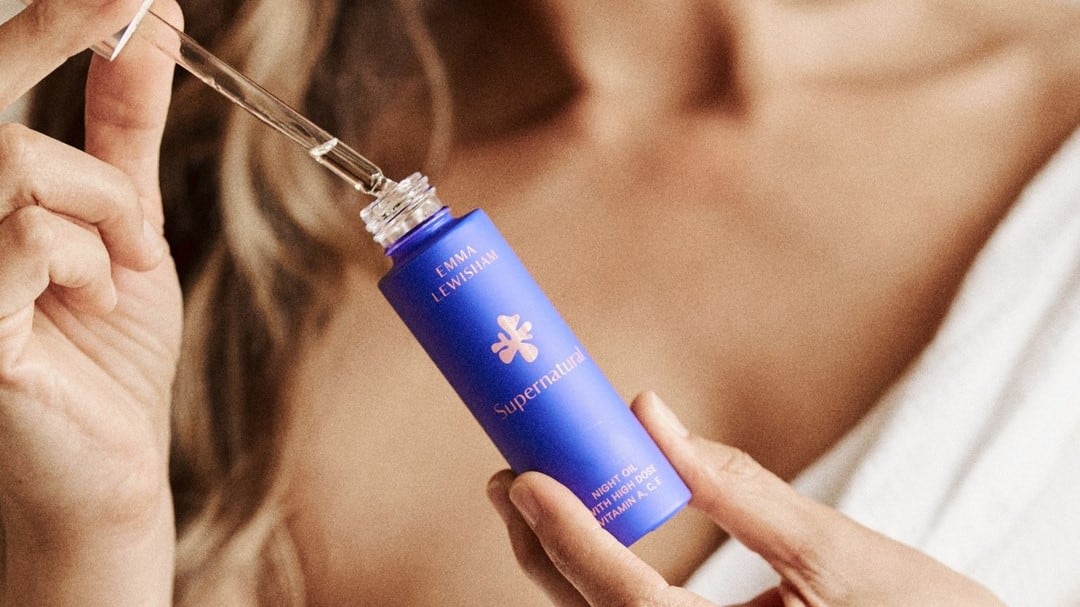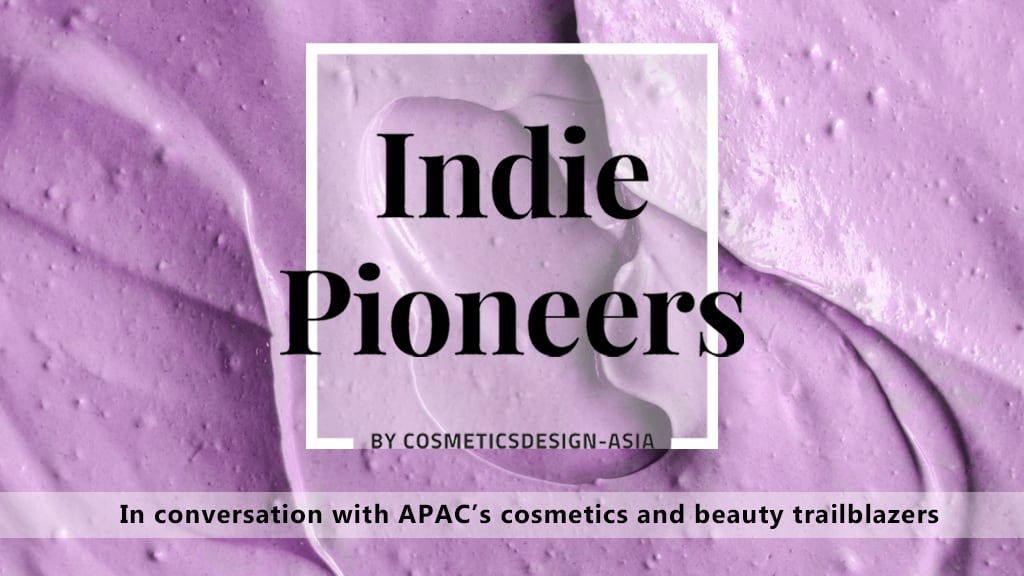Forest Rhapsody was founded by CJ Zhan-Shahani, who was formerly from Proctor & Gamble under the pet care division.
“People might think it’s not related, but in actuality, because I worked very closely with the R&D team looking at ingredients, so the principles of the job are exactly the same,” said Shahani.
Shahani founded the company in 2016 after she saw a gap in the market for ‘gentler alternatives’ to ingredients like retinol, which she had a bad experience with.
“I wanted to use actives and get results, but I also wanted a gentler alternative. Our products have active ingredients more likely derived from plants and they are an alternative to clinically proven actives out there in the market.”
Despite being a Singaporean brand, Forest Rhapsody is more well-known in overseas markets.
“You probably won’t hear much about us locally because over time we have been slowly diverting our resources overseas where we find better and more positive responses. We’re going where the market is,” said Shahani.
She believes the Singaporean market is not ready for green beauty brands like Forest Rhapsody and are more focus on K-beauty or J-beauty brands.
Internationally, the brand can be found in Hong Kong, New Zealand and the US. It is also working to expand the brand in Germany, France, India and Vietnam.
Mostly, the brand is available online but Shahani said the company is aiming to expand its footprint offline.
“Our products are formulated to perform and delight. I pay a lot of attention to textures and scents that will make you feel good. We’ve been working hard to get our products offline because it’s good for people to experience our products first-hand.”
Extreme marketing
However, the brand has faced resistance from some brick-and-mortar retailers because of its brand positioning.
“It’s been tough. I do consider myself a green beauty brand but there are green retailers who don’t take us on because they don’t like what’s in our INCI list. On the other hand, if I go to a derma retailer, they won’t accept our products because we use essential oils,” said Shahani.
Shahani tells CosmeticsDesign-Asia that marketing Forest Rhapsody as a green beauty brand has been difficult given how polarising the market has become.
“One issue I have with other green beauty brands is the greenwashing. They are so afraid of hurting their customer base, they don’t use things like preservatives.”
She added that she sympathised with these brands as they face a lot of pressure to conform to consumer standards.
“I can understand where these brands are coming from because their customer base is so bent on having something without preservatives, or ingredients you cannot pronounce. However, as a brand, even though I feel like I’m trying to do the right thing, its difficult for others to market us because marketing is too extreme these days.”
Shahani said the brand would not change its positioning to suit the retailers or consumers as she does not believe it is possible to build a lasting brand by following fads.
“There’s a fine line between adapting and diluting your voice. If I were to switch my position to go where the trend is, I feel like I would be completely diluting the brand and what I started out to do in the first place.”
Eventually, Shahani believes brands like hers who are transparent in their motives and messages will triumph against greenwashing at the end of the day.
“It’s about time. We will reach a point where customers will say enough is enough to greenwashing and any kind of extreme marketing. There will come a time they will want to seek out brands that do the right thing and avoid extreme marketing tactics.”





